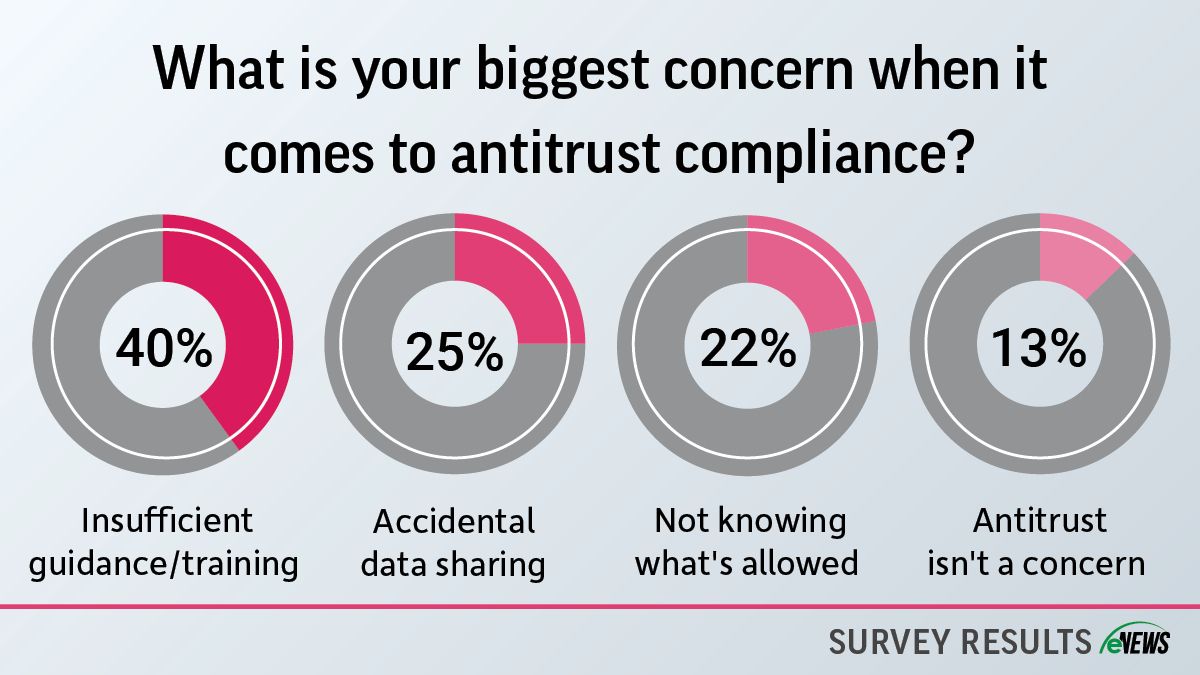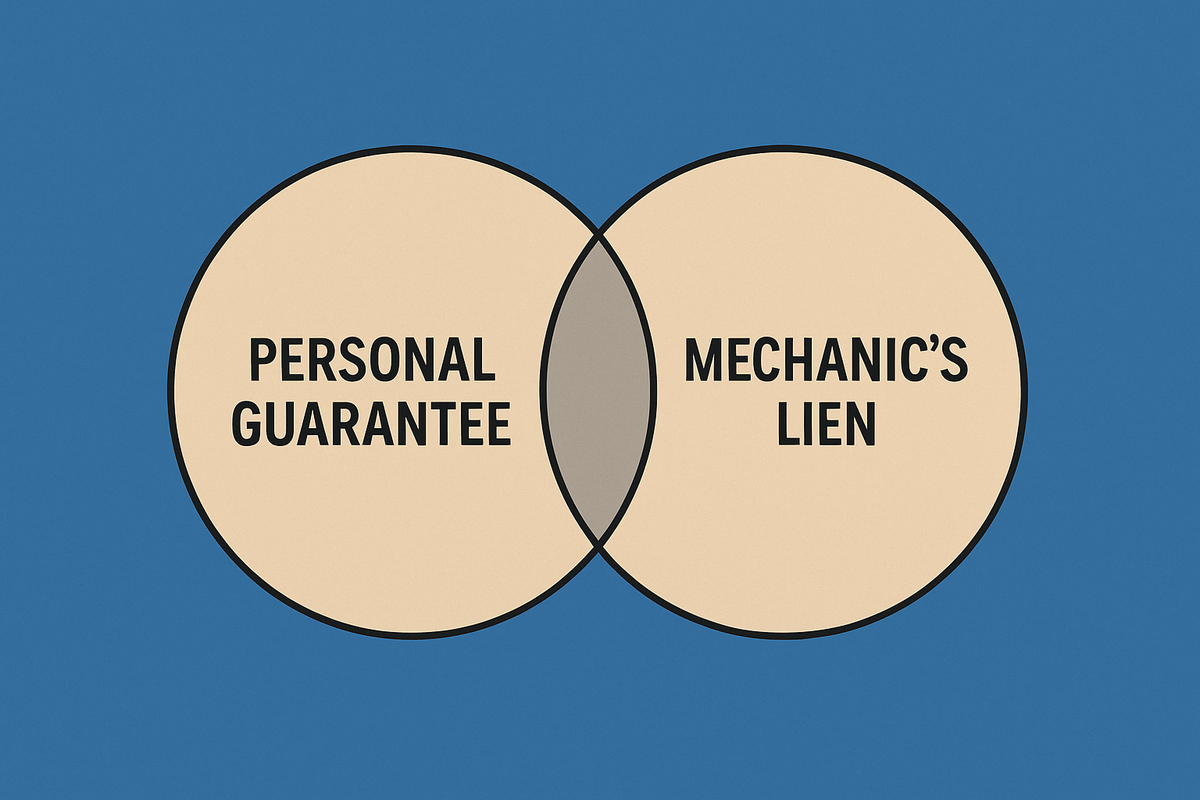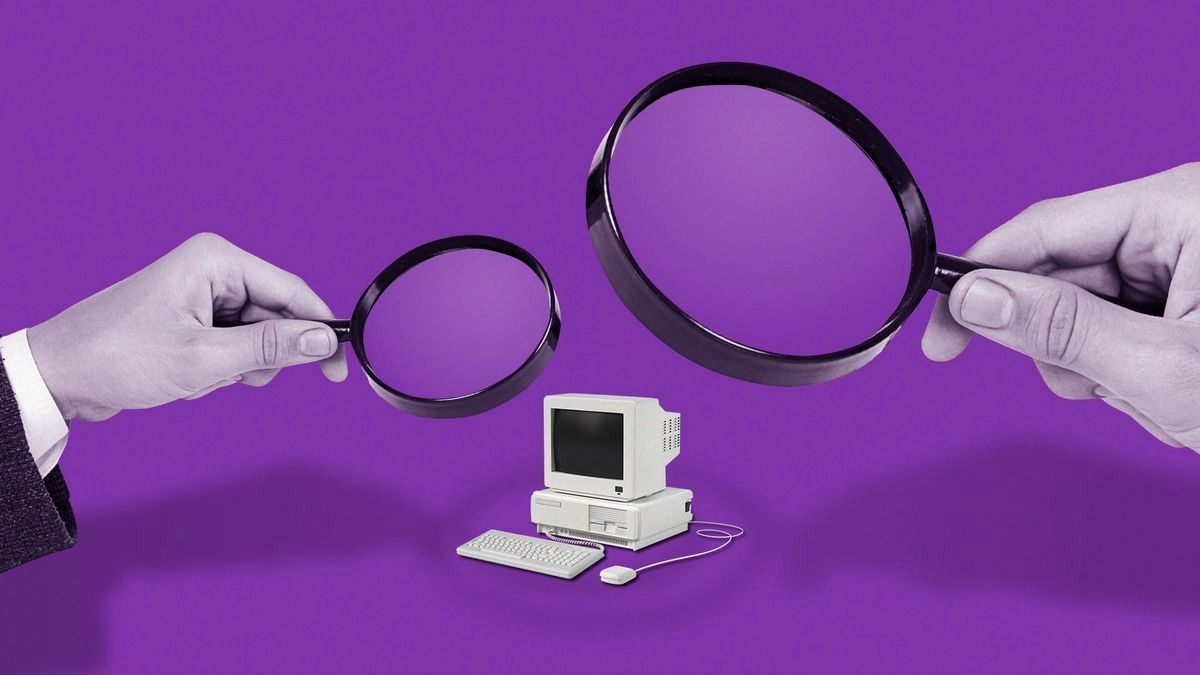Business Practices, eNews
What you need to know before doing business with the federal government

As a B2B credit manager, you have likely worked with a diverse range of customers, from small local businesses to expansive national chains. But venturing into the realm of federal government contracts presents a new set of challenges.
Why it matters: Whether you’re selling goods to the Department of Defense or servicing the Federal Emergency Management Agency, working with the government is anything but straightforward.
Federal agencies operate under different rules and expectations compared to traditional customers, which means heightened diligence is needed to manage these accounts. Federal contracts are rife with specifications and requirements that can be overwhelming for credit managers. Here are key considerations to keep in mind when working with the federal government.
Document everything
Working with the federal government, you’ll quickly learn how important it is to document everything. For Lonny Bower, manager of government services at Carlile Transportation Systems LLC, supplying trucking services for different departments of the federal government means paying close attention to the details.
“The commercial bill of lading is required to be annotated in a certain way, specifically legibly, and then when we deliver the freight, it’s required to be annotated specifically and dated correctly,” Bower said. “Otherwise, you’re going have trouble getting paid.”
If information is illegible or missing, you could miss out on a big payment. It’s important to know exactly what needs to be documented and how, because it could make a big difference when negotiating payment after the fact.
“One of our military installations is refusing to pay several invoices because they’re asking for documentation that we don’t have,” Bower said. “This is where knowledge is power, because one, we can’t provide what we don’t have, and two, they’re asking for something that is not required by law in order for us to get paid.”
Details matter
When working on the preliminary contracts early on in your work with the federal government, it’s important to carefully review all the information because the agreements are binding. Heidi Lindgren-Boyce, CCE, NACM Board director and senior credit manager at Star Rentals, Inc. (Kent, WA), often rents out equipment to the federal government and learned early on how important it is to dutifully and carefully read the contracts.
Lindgren-Boyce’s company rents in four-week cycles, meaning there are 13 billing cycles every year rather than 12 monthly ones. “When our 13th billing cycle came through and it was a lot of equipment and a lot of money, they didn’t pay and we couldn’t make them pay because we signed a calendar-month contract, not a four-week billing cycle contract,” Lindgren-Boyce said. “That cost our branch a lot of money that we had to eat.”
Carrie Bratlie, AR manager at Darigold Inc. (Seattle, WA), whose company supplies commissaries on military bases across the country, recommends reading all contracts several times over. “Read your contract, and once you’ve read it through, read it through again and then take the highlighter out,” Bratlie said.
Working on the federal government’s timeline
When you’re doing business with the federal government, the timelines for delivery dates and arrivals are stricter than what you might be used to with other customers. Government contracts often lay out specific dates and times that can be difficult to meet.
“When we move commercial freight, it’s an open-ended delivery time,” Bower said. “For the military, there are required delivery dates, so there’s an expectation that we’re going to deliver material within the amount of time they put on that commercial bill of lading, and when we don’t, it’s called a service failure, and it could cost us our transportation status as a carrier for the government.”
Learning the ins and outs of government portals
When working with a federal agency, you will have to learn your way around portals. Whether it’s the Procurement Integrated Enterprise Environment (PIEE) or the System for Award Management (SAM) website, SAM.gov, it’s important to learn your way around them to ensure you aren’t missing any important information regarding your contracts.
Bratlie recommends establishing a relationship with someone who works with the department you’re doing business with to help you navigate any issues you might have with the portal because it can be so difficult to undo mistakes made on the web. “We have been very fortunate we were able to connect with a gentleman in Texas in the payables division for the commissary,” Bratlie said. “Within the government, if you can get to the right resource, they will help you if you run into any problems.”
Working with DBEs
When doing business with the federal government, you should be aware of the Disadvantaged Business Enterprise (DBE) program, which mandates that a certain percentage of a government contracts spending go towards minority- or women-owned businesses.
According to Lindgren-Boyce, these contract requirements at times mean that a DBE will be awarded a federal contract but will still outsource to other companies to fulfill the project needs. It’s important to know if you are doing business with the federal government or a DBE acting as a third party because you will need to consider that company’s own credit history.
“My caution is that if the DBE does not have the creditworthiness to procure a large amount, make sure they pay you upfront and don’t allow them to say, ‘I’ll pay you once the government pays me,’” Lindgren-Boyce said. “We always require DBEs to wire transfer the funds before we deliver the equipment, and we have never allowed pay-when-paid clauses in these government contracts.”
The bottom line: Doing business with the federal government is different from any other customer. Credit managers must be thorough and detail-oriented in their work to mitigate risk and prevent any huge losses.





